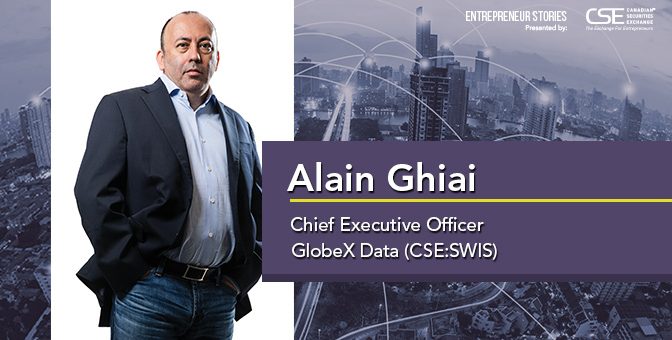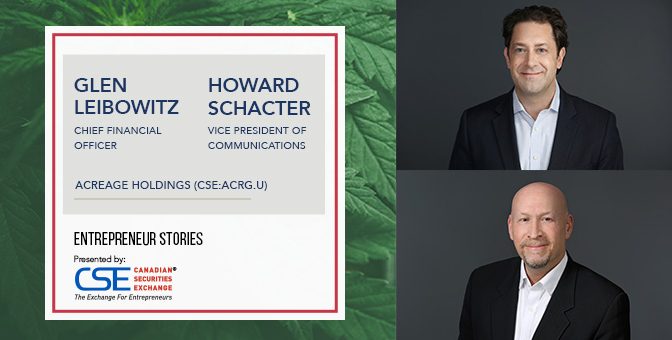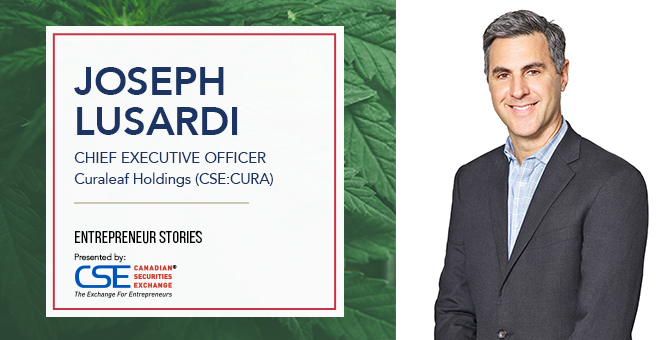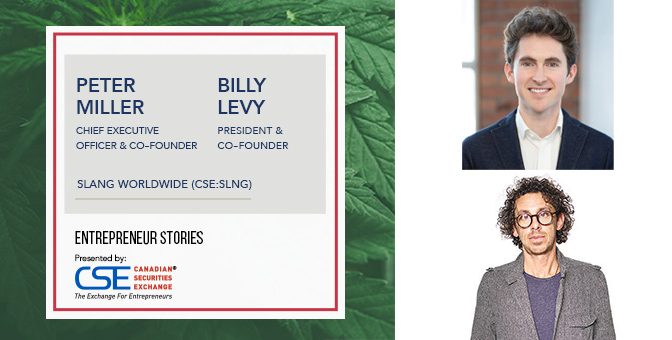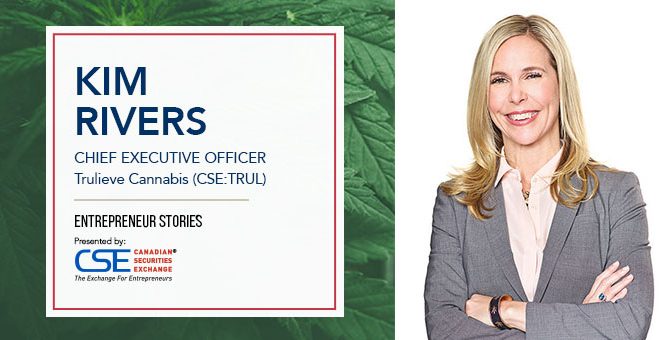GlobeX Data (CSE:SWIS) is on a mission to keep your data and communications safe, and in a world where each week seems to bring news of yet another large-scale data breach, it’s a mission of vital importance.
The Vancouver-based company offers a powerful product suite for cloud-based storage, document management, encrypted e-mail and secure communication with a few twists that differentiate it from the competition. For one, data is stored in Switzerland (by Swiss partner GlobeX Data S.A.) in centres used by Swiss banks and organizations such as the United Nations. Switzerland is home to some of the strongest privacy protection laws in the world thanks to regulations such as the Swiss Federal Data Protection Act and the Swiss Federal Data Protection Ordinance.
GlobeX Data is readying a marketing push at a time when the cybersecurity market, by some counts, is set to exceed US$300 billion within five years, making the company’s recent debut on the Canadian Securities Exchange particularly timely.
In this interview with Public Entrepreneur, Chief Executive Officer Alain Ghiai explains why data is such a valuable commodity and why that means companies and individuals alike need to take more caution to protect themselves.
Can you give us a quick introduction to GlobeX Data and the company’s origins?
GlobeX Data has its origins in Switzerland and in payment processing. In 2008, during the credit crunch, most of the banks stopped lending to merchants. We used our technology to transform ourselves into a data backup company. In 2010, we started to develop a couple of products, the first of which became DigitalSafe, our secure backup file-share password manager. In 2012, I started GlobeX Data Inc. out of New York to expand in North America.
I was approached to license our technology to a CSE-listed company, which eventually became a shell company. When the licensing was supposed to be exchanged for funds the company didn’t have the money, so I called my board members and suggested listing on the CSE ourselves and formed GlobeX Data Ltd. We raised money locally and set up an office in Vancouver. We started to receive a lot of interest from overseas and wanted to have an entity that handled everything outside of our Swiss-based private company. Vancouver was a perfect choice geographically to handle Asia and Latin America, our prime targets to start off our international business, and was also selected for the purpose of going public in an IPO on the CSE.
Our first major contract was with America Movil and its mobile division in Mexico called Telcel that has 75 million subscribers. Because they’re in 26 countries, we would eventually be able to sell services from the US all the way down through South America. Over the last couple of years, we’ve signed deals with half a dozen partners. America Movil has close to 400 million subscribers, almost 300 million of them mobile users.
Why did it make sense to go public now?
Our goal in going public was to have a platform to raise more money and get wider recognition because when you are public it brings a level of transparency to the company that our partners like. Right now, data security and privacy is becoming a predominant subject in our society. People are the product now – the big companies are making money off our data. There is no real player that can offer the variety of services that we do when it comes to privacy and security. Our prime directive is to respect your privacy. We use the best security possible and have proprietary technology that other businesses don’t use because they think it’s too costly. Storage has become commoditized, but there’s no price for privacy.
I find that Canadians are quite conservative, almost too conservative to adopt new technologies. Also, they underestimate the value of security or privacy and the value that they hold. I think US investors value technology stocks a lot more than we do in Canada. This is why companies go to the US to get funding – investors there will pay for innovation. It’s a shame because Canada is a fantastic country with some great tech stories. In order to attract more investors in the US, we plan to co-list in the US market by Q1 of 2020.
There’s a lot of talk out there that data is more valuable a commodity than oil. What’s your take?
I think data is even bigger than oil right now. The thing that makes it valuable is that a company or group can use it to create a profile and sell it to a third party to try and sell something to the consumer. Contrary to oil, which is a consumable, data can be repackaged and resold. Thanks to social media, the public is used to advertising their status every few minutes.
Why is it that people seem to be incredibly willing to give away their data for free?
When it comes to information, anything that is “easy” in the digital world is counterbalanced by the individual giving away more and more privacy. We live in a society where everything needs to be instant. If you want to have this instantaneous response, you are essentially giving away your data for free. Most people don’t realize the danger that this can cause because the average person doesn’t think they have anything to hide. It’s not about hiding from the government, it’s about keeping your data private so commercial companies don’t exploit you like a commodity.
How do the services work? Are they an alternative to popular instant messaging applications?
GlobeX’s services don’t use open source coding; instead, we use our own technology to add privacy and security by design. We try to offer what businesses and people need, which is a backup for their data and a file share and secure e-mail. DigitalSafe is like a Dropbox, e-mail and a password manager all in one. Our e-mail engine, Custodia, lets you send a message to an unsecured e-mail address and that service will not be able to read the content. PrivaTalk is a secure communications suite with chat, voice, video and e-mail. Our chat has a self-destruct timer that will disappear on the device. We never require your phone number because the minute you do that, hackers have an even higher ability to access your data.
We are also launching a product called Sekur, a service for high net worth individuals and corporations, in the fourth quarter of 2019. We were inspired to create the product from the Sony hack that happened a few years ago. This service is for any business for management to communicate without the in-house IT department knowing what’s going on.
What else is coming down the pipeline in the next few months?
We’ve already released DigitalSafe and PrivaTalk and plan to launch Sekur before the end of the year. In Mexico, we’ve launched and integrated DigitalSafe with America Movil and are planning to release PrivaTalk by the end of the year. Another product we’re excited about is PrivaTalk Messenger, which is similar to BlackBerry Messenger in that it’s a server-based closed-loop system. We’re going to launch PrivaTalk Messenger by the end of the year as well.
We’ve talked at length about the dangers of leaving data unsecured. What are some simple steps that we as individuals can take to protect our information?
The question that we need to be asking ourselves is how much is our data worth to us? The first thing I would advise is to reduce your social media footprint. Essentially, you are announcing to the world where you are and what you’re doing, and eventually artificial intelligence will put together a profile on you that can lead to hacking.
The second thing is to use secure services. There’s no free privacy or security. Use a paid service that will secure your information because at least then you have some sort of comfort or recourse that your data is safe.
This story was featured in the Public Entrepreneur magazine.
Learn more about GlobeX Data Ltd. at https://globexdatagroup.com/.

